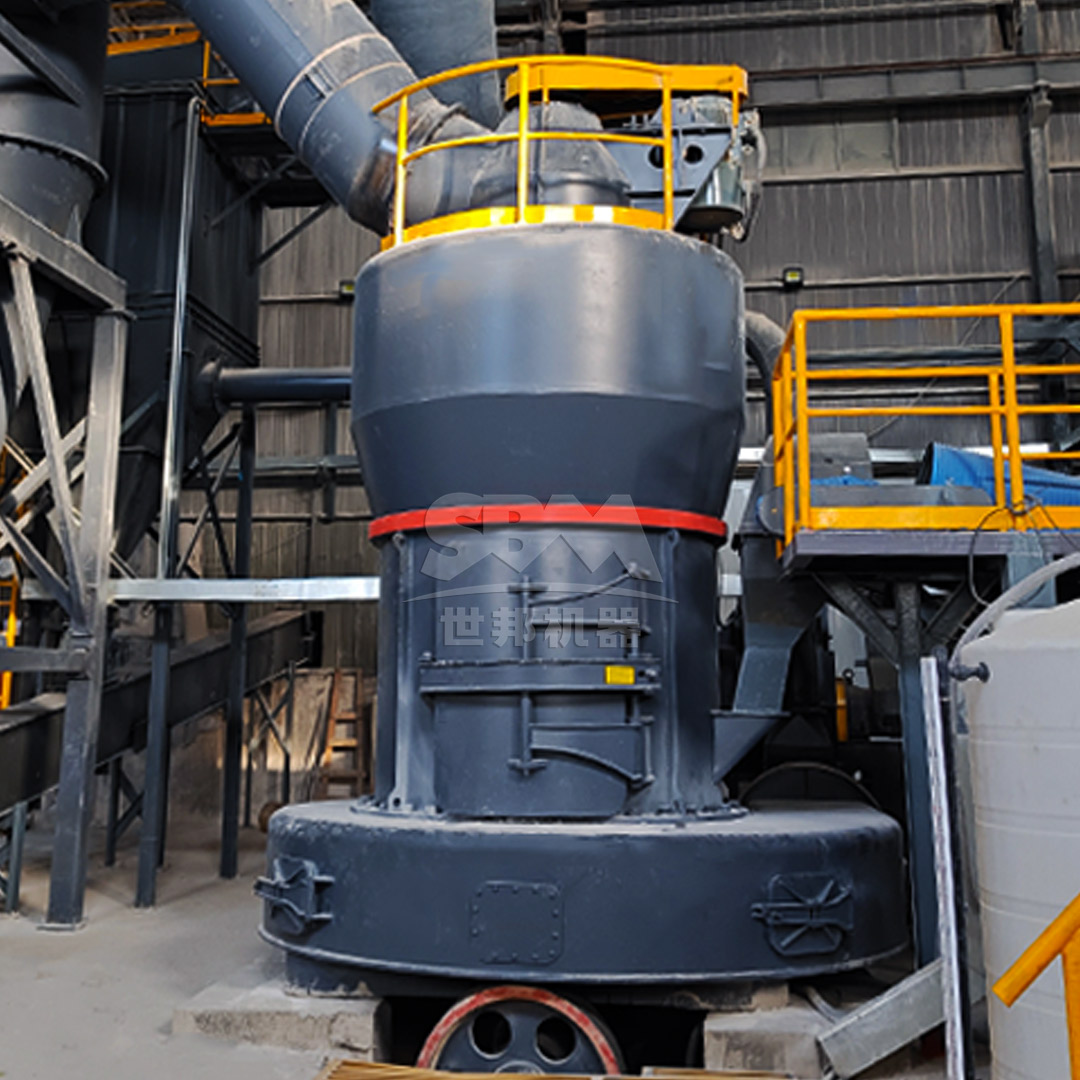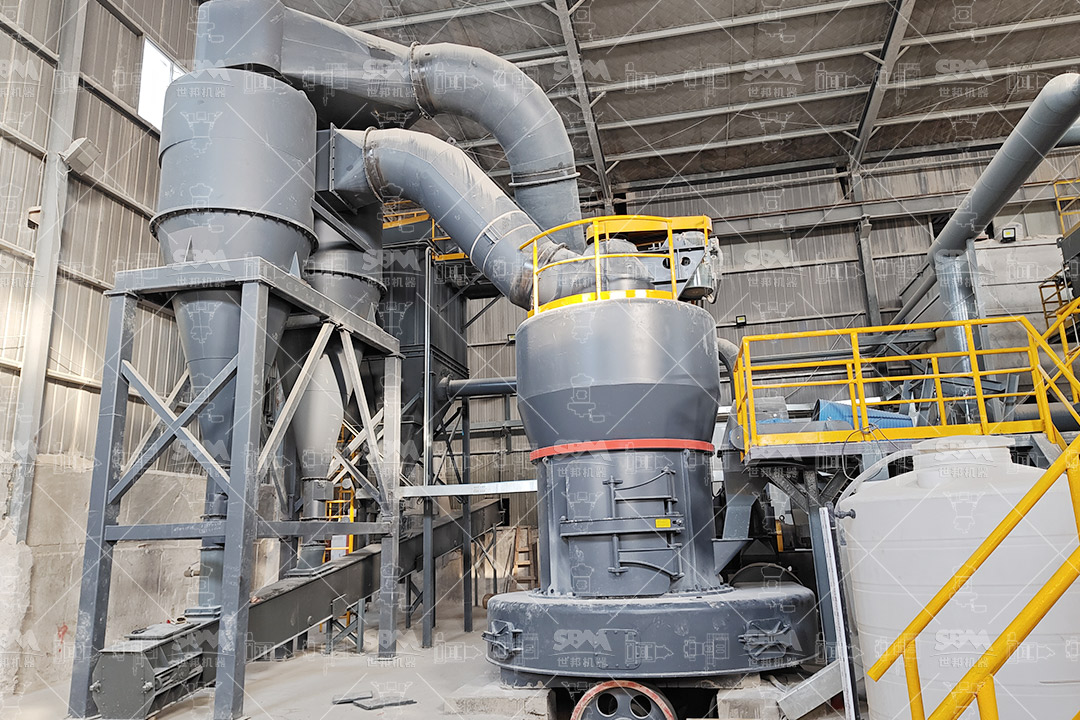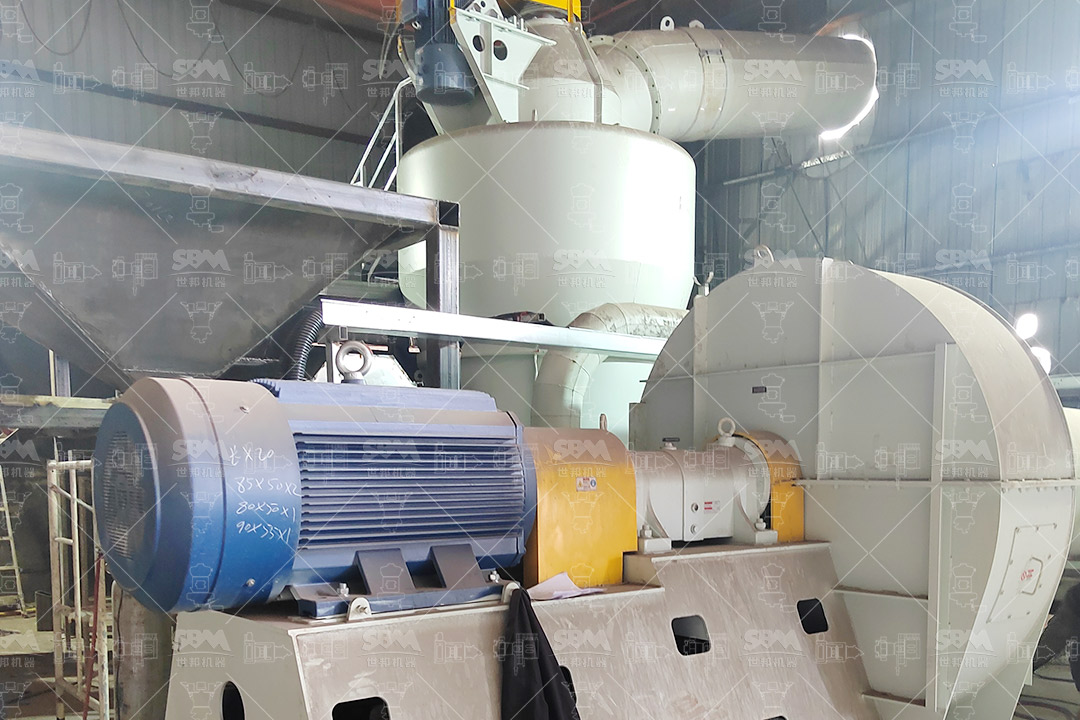Limestone powder has become an essential component in modern asphalt production, serving as a high-performance filler that significantly enhances the mechanical properties and durability of asphalt mixtures. The processing of limestone into fine powder suitable for asphalt filler requires specialized machinery capable of achieving precise particle size distributions while maintaining cost-effectiveness and operational efficiency. This article explores the technical requirements for limestone powder processing and examines the most suitable equipment solutions for asphalt filler production.
The quality of limestone powder used in asphalt filler directly impacts the performance characteristics of the final asphalt product. Key technical specifications include:
| Parameter | Specification Range | Importance in Asphalt Performance |
|---|---|---|
| Particle Size (D97) | 5-45μm (325-2500 mesh) | Affects binder absorption and mixture stability |
| Particle Shape | Irregular, angular particles preferred | Enhances interlocking and mechanical strength |
| Surface Area | ≥420 m²/kg | Improves binder adhesion and coating |
| Moisture Content | ≤1% | Prevents steam formation and ensures proper compaction |
| Chemical Composition | High CaCO₃ content (≥95%) | Provides optimal chemical compatibility with bitumen |
The selection of appropriate processing equipment must consider these specifications while balancing production capacity, energy consumption, and operational costs.
Limestone powder production for asphalt filler involves multiple stages, each requiring specific equipment configurations:

The choice of limestone processing equipment depends on the required production scale, target particle size, and available infrastructure. Modern grinding technology offers several options optimized for specific applications.
For large-scale asphalt plants requiring substantial quantities of limestone filler, the MTW Series Trapezium Mill presents an optimal solution. This equipment combines high throughput capacity with excellent energy efficiency, making it suitable for operations processing 3-45 tons per hour. The MTW series features advanced design elements including curved air channels that minimize energy loss and cone gear transmission systems achieving 98% transmission efficiency.
Key advantages of the MTW Series for asphalt filler production include:
The MTW215G model, with its 280kW main motor and capacity of 15-45 tons per hour, represents the pinnacle of this series for high-volume production environments.

When the highest quality asphalt filler with superior particle size distribution is required, the SCM Ultrafine Mill delivers exceptional performance. This equipment specializes in producing limestone powder in the 325-2500 mesh range (D97≤5μm), making it ideal for premium asphalt applications where filler performance is critical.
The SCM Ultrafine Mill incorporates several technological innovations specifically beneficial for asphalt filler production:
For medium-scale asphalt plants, the SCM1000 model offers an excellent balance with 1.0-8.5 ton/hour capacity and 132kW main motor power. Larger operations can benefit from the SCM1680 model, processing 5.0-25 tons per hour with 315kW power.
Selecting the optimal limestone powder processing equipment requires careful consideration of multiple factors. The following comparison highlights the strengths of different technologies for asphalt filler applications:
| Equipment Type | Optimal Particle Size Range | Capacity Range (t/h) | Energy Efficiency | Maintenance Requirements | Suitability for Asphalt Filler |
|---|---|---|---|---|---|
| SCM Ultrafine Mill | 325-2500 mesh (5-45μm) | 0.5-25 | High | Low | Excellent |
| MTW Trapezium Mill | 30-325 mesh (45-600μm) | 3-45 | Very High | Very Low | Very Good |
| LM Vertical Roller Mill | 30-325 mesh (45-600μm) | 3-250 | Excellent | Low | Good |
| Ball Mill | 0.074-0.8mm | 0.65-450 | Moderate | Moderate | Limited |
Successful implementation of limestone powder processing for asphalt filler requires attention to several operational factors beyond equipment selection.
The quality of input limestone significantly affects processing efficiency and final product quality. Key considerations include:
Modern grinding equipment offers various optimization opportunities:

Contemporary limestone processing equipment incorporates comprehensive environmental protection features:
The economic viability of limestone powder processing for asphalt filler depends on multiple factors including equipment selection, operational costs, and market conditions.
Equipment costs vary significantly based on capacity and technology level. The SCM Ultrafine Mill represents a premium investment justified by its superior product quality and energy efficiency, while the MTW Series offers excellent value for high-volume operations.
Key operational cost components include:
Advanced equipment like the SCM and MTW series typically demonstrates lower operational costs through reduced energy consumption, extended component life, and automated operation reducing labor requirements.
The evolution of limestone powder processing for asphalt applications continues with several emerging trends:
Modern equipment increasingly incorporates digital technologies including:
Future developments focus on:
The selection of appropriate limestone powder processing equipment is critical for producing high-quality asphalt filler that meets modern performance specifications. Both the SCM Ultrafine Mill and MTW Series Trapezium Mill offer compelling solutions tailored to different production requirements and quality targets. By understanding the technical capabilities, operational characteristics, and economic factors associated with these technologies, asphalt producers can make informed decisions that optimize their filler production processes while ensuring consistent product quality and operational efficiency.
The continuous advancement in grinding technology, particularly in energy efficiency, automation, and environmental performance, ensures that modern limestone processing equipment remains a valuable investment for asphalt plants seeking to enhance their product quality and competitive position in the market.